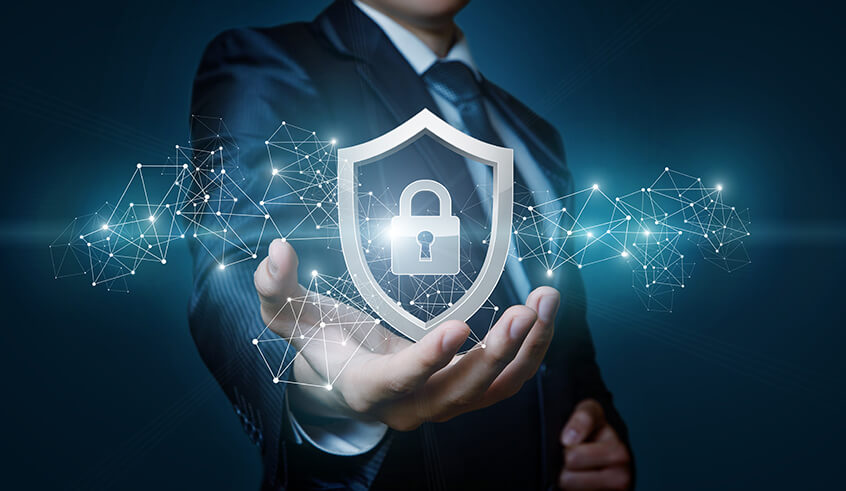Cybersecurity is the practice of protecting systems, networks, and programs from digital attacks. These cyberattacks are usually aimed at accessing, changing, or destroying sensitive information; extorting money from users; or interrupting normal business processes. Implementing effective cybersecurity measures is particularly challenging today because there are more devices than people, and attackers are becoming more innovative.

Cybersecurity: 15 Tips and Best practices you must know!
- Change your password often.
- Use strong passwords. Use a strong mix of characters (uppercase, lowercase, number and special characters). Use at least a 8 characters long or more password.
- Use a different password for each of your accounts. If you use the same password , in case of a data breach in one of your accounts, you become much more vulnerable to multiple data theft.
- Don't open an attachment unless you know who it is from and you are expecting it
- Don't click the “Unsubscribe” link in a spam email. It would only let the spammer know your address is legitimate, which could lead to you receiving more spam.
- Instead of clicking on links, open a new browser and manually type in the address.
- Be sure to log off
- Be conscientious of what you plug in to your computer. Malware can be spread through infected flash drives, external hard drives, and even smartphones.
- Don't send personal information in an email message.
Learn how to recognize phishing:
i) Messages that contain threats
ii) Requests for personal information such as passwords or Social Security numbers
iii) Words like “Urgent” . false sense of urgency
iv) Forged email addresses
v) Poor writing or bad grammar
- BackUp Your Information Regularly :One of the greatest email security tips a user can receive is to frequently back up their data.Ransomware attacks are becoming more and more popular. These attacks start by scanning through the user's computer encoding files . When encryption is complete, the user is notified that their files are being held for ransom and the user must pay a fee to get the key.
- Sensitive browsing, such as banking or shopping, should only be done on a device that belongs to you, on a network that you trust. Whether it's a friend's phone, a public computer, or a cafe's free WiFi.your data could be copied or stolen.
- Obtain comprehensive security software.
- Move your mouse over links before you click on them to see if the URL that appears looks legitimate
- Don't give your email address or personal information to web sites you don't trust or web sites that do not use “https” protocol . You must see a padlock symbol in your browser.




